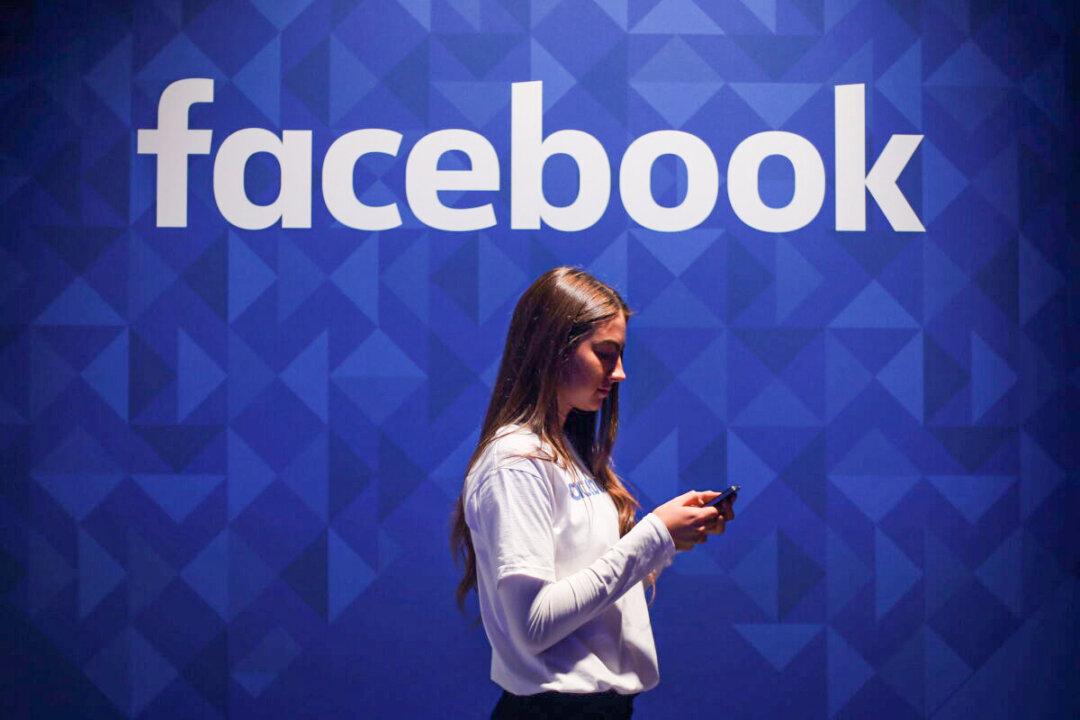An advocate says Big Tech should take the responsibility to curb abusive content on social media as they “make a heap of money” out of their sites.
It came after the federal government proposed the anti-trolling law, which will force social media platforms to take down offending posts and provide the identity of anonymous posters in some circumstances. However, if the social media company refuses to reveal the real identity of the accused user, it will be held liable for the defamatory comments.




